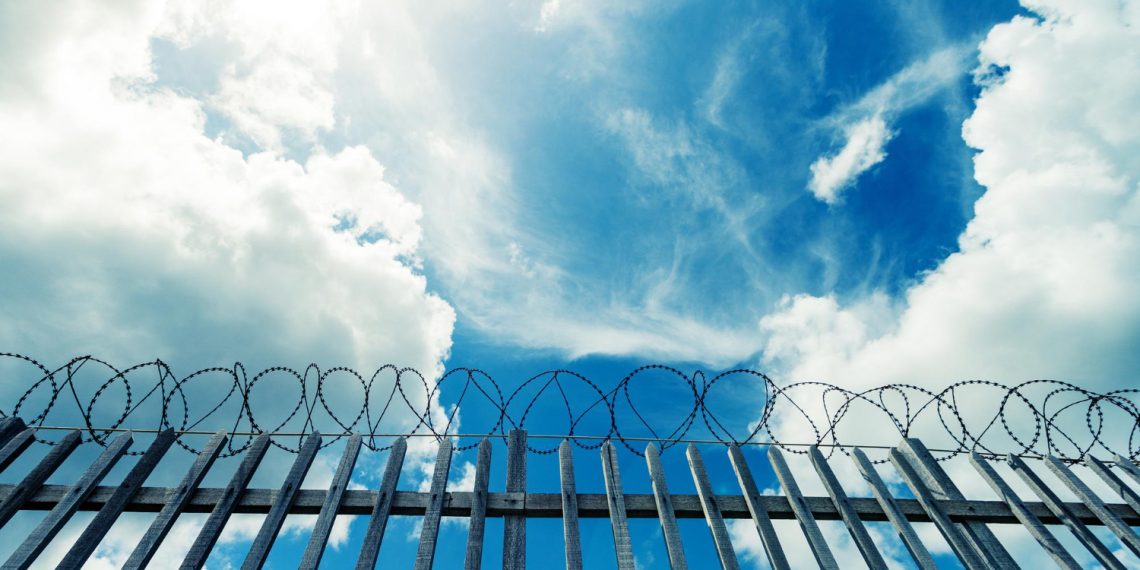Trust is a cornerstone in the operation of detention centers, influencing not only the public’s perception of the facilities but also the internal environment for both staff and inmates. Several factors contribute to establishing a detention center as a trusted institution, ranging from the implementation of effective detention equipment to the professionalism of the staff and the ethical standards upheld within the facility.
The Importance of State-of-the-Art Detention Equipment
Detention equipment is fundamental in ensuring the safety and security of a detention center. High-quality equipment, such as secure cell doors, monitoring systems, and controlled access points, form the first line of defense against potential breaches of security. Reliable detention equipment ensures that the facility can maintain order and discipline, which in turn builds trust among the staff, the inmates, and the broader community. By investing in the latest technology and maintaining their equipment properly, detention centers can demonstrate their commitment to safety and efficiency.
Professionalism and Training of Staff
The behavior and professionalism of the staff are critical in shaping the reputation of a detention center. Staff members who are well-trained and adhere to high professional standards foster an environment of respect and dignity. This not only aids in the rehabilitation of inmates but also enhances the facility’s standing in the eyes of the public. Continuous training and development programs for staff members ensure that they are equipped with the latest techniques in inmate management and conflict resolution, further contributing to the facility’s trustworthiness.
Ethical Standards and Human Rights Compliance
Upholding ethical standards and ensuring compliance with human rights laws are non-negotiable aspects of running a trusted detention center. Facilities that prioritize the humane treatment of inmates and provide access to healthcare, education, and rehabilitation programs are more likely to be respected and trusted. Ethical management also involves transparent operations and accountability mechanisms that allow for the oversight of the facility’s practices, ensuring that they meet or exceed national and international standards.
The Role of Detention Equipment Contractors
Detention equipment contractors play a significant role in the trustworthiness of detention centers. By providing high-quality, reliable equipment and offering expert advice on its installation and maintenance, these contractors contribute to the overall security and efficiency of the facilities. Their expertise ensures that the detention centers are equipped with the most appropriate tools to meet their specific security needs, thereby enhancing the facility’s reputation for safety and reliability.
A Focus on Rehabilitation and Reintegration
A trusted detention center is one that looks beyond containment and works towards the rehabilitation and reintegration of inmates into society. Facilities that offer educational programs, vocational training, and psychological support not only aid in the personal development of inmates but also contribute to lower recidivism rates. This approach demonstrates a commitment to positive outcomes and builds trust in the facility’s role as a component of the justice system that is focused on long-term societal benefits.
Transparency and Community Engagement
Engaging with the community and maintaining transparency in operations is essential for building and maintaining trust. Detention centers that are open about their practices and actively seek to involve the community in dialogues about their role and responsibilities are more likely to be viewed as trustworthy institutions. Community programs, open days, and educational initiatives can help demystify the operations of detention centers and foster a positive relationship with the public.
Trust in detention centers is built on a foundation of security, professionalism, ethical conduct, and a commitment to rehabilitation. By focusing on these areas, detention centers can establish themselves as reliable and respected institutions within the justice system and the wider community. The role of detention equipment and the expertise of detention equipment contractors are integral in this process, ensuring that the facilities are well-equipped to meet their security and operational needs.


